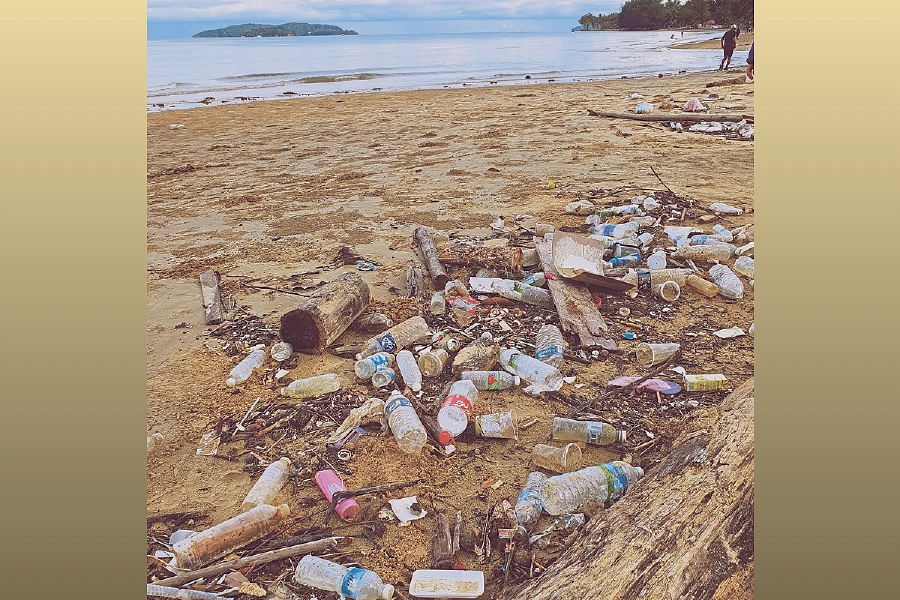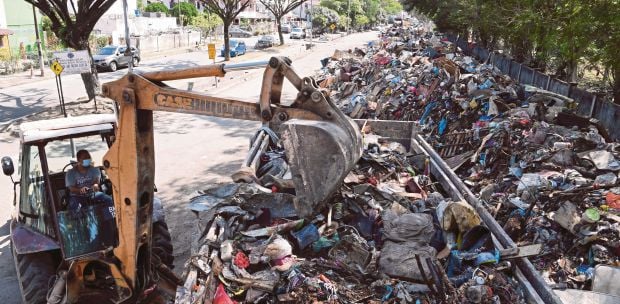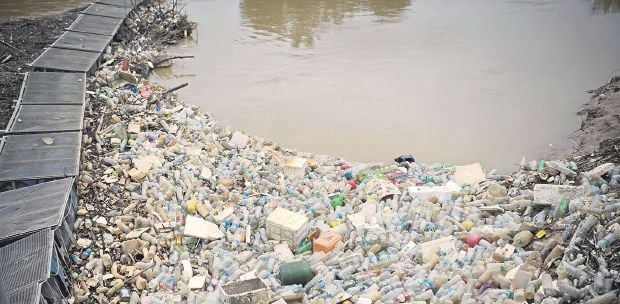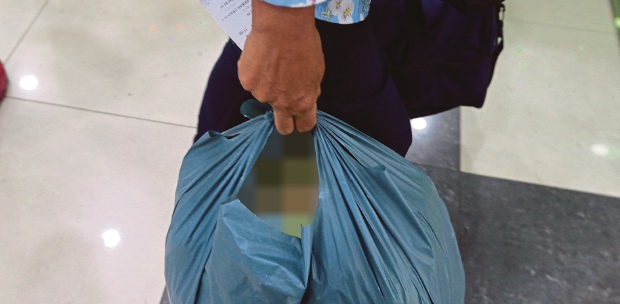LETTERS: Although weeks have passed since the high tide phenomenon on the west coast of Sabah, obvious traces can still be seen along the shores of Tanjung Aru.
Hundreds of plastic bottles and other types of plastic were washed ashore as a result of the phenomenon.
Trails of rubbish can be seen lying along the beach, some stuck in between tree trunks. It is such an eyesore and, most importantly, it makes one wonder how much rubbish is actually on the seabed or floating aimlessly in the ocean.
As it turns out, countries in Asia generate 81 per cent of all ocean plastic in the world. Most of the plastic trash is thrown into rivers that empty into the ocean.
Specifically, Malaysia accounts for 7.5 per cent of the world's plastic emissions into the ocean, placing us in third place after the Philippines and India.
It is, in fact, a serious indication of how far we lag behind in achieving the zero single-use plastic target towards a healthier environment by 2030.
Although the government has planned a roadmap to address the issue of single-use plastic in Malaysia, the initiative to make this plan happen is in the hands of every one of us.
No matter how many awareness programmes are organised, the effort will not bear fruit if members of the community do not take any action.
It starts at an individual level, where each of us has to initiate serious actions for a cleaner and sustainable environment. This includes making sacrifices and compromising on one's convenience.
A small act of refusing single-use plastic when buying vegetables and fruits at the market can be a start. Bringing our own food containers for takeaways or when buying buns and cakes at the bakery can be another alternative. These small acts of loving our environment can have an impact if more members of the community start implementing them.
On a larger scale, event organisers can opt to not provide drinking water in plastic bottles or cups to reduce waste production.
Grocery stores can reduce the use of plastic wrappers in their packaging.
Of course, there are other ways to address this issue at all levels of the community. What matters most is that we take steps to implement them, the sooner the better.
In Kota Kinabalu, a group of social entrepreneurs has started their initiative to address this issue.
They team up to not only create awareness but also look into ways to create greater impact on the environment, and social and economic wellbeing of the community.
They are among those who see opportunities to transform single-use plastic into upcycled products that have higher commercial value. Additionally, they also train the underprivileged community with upcycling skills to create sustainable income for the community through the development of a circular economy.
To support their cause, they initiated a plastic collection reward programme, where every 1kg of plastic bottles surrendered to the programme is valued at RM0.30 per kg.
Alternatively, points can be collected and exchanged for food rations depending on the availability of points.
This initiative is picking up momentum as more and more people are changing their attitude towards the management of their plastic waste.
The programme is a good opportunity for people to take the first step in caring for the environment. Rather than letting plastic bottles lie around and end up in the ever-growing landfills, why not collect them and send them in to support the grassroots initiative that not only benefits the environment but society at large?
Let us be aware and start taking actions for a better tomorrow.
Cynthia Robert Dawayan
Senior lecturer, Faculty of Business and Management, Universiti Teknologi Mara (UiTM), Kota Kinabalu
The views expressed in this article are the author's own and do not necessarily reflect those of the New Straits Times





